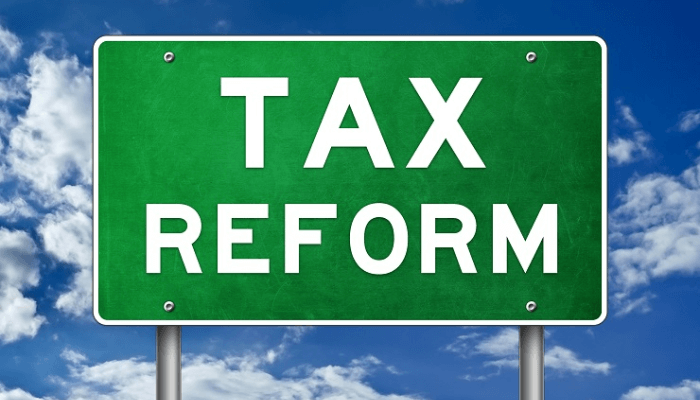
Nigeria’s Senate Passes Landmark Tax Reform Bills: What You Need to Know
In a significant move to modernize Nigeria’s fiscal landscape, the Senate has passed four comprehensive tax reform bills, marking a pivotal step in President Bola Tinubu’s economic agenda. These reforms aim to enhance revenue generation, streamline tax administration, and promote fiscal equity across the nation.
Overview of the Four Tax Reform Bills
- Nigeria Revenue Service (Establishment) Bill, 2025
This bill transforms the Federal Inland Revenue Service (FIRS) into the Nigeria Revenue Service (NRS), introducing a new governance structure with an Executive Vice Chairman and a non-executive Chairman. It also reduces the cost of revenue collection from 4% to 2%, aiming to improve efficiency and accountability. - Nigeria Tax Administration Bill, 2025
Aimed at unifying tax collection processes, this bill establishes a standardized framework for assessing and collecting taxes at federal, state, and local levels. Notably, it introduces a new Value Added Tax (VAT) sharing formula: 10% for the Federal Government, 55% for states, and 35% for local governments. The bill also replaces the “derivation” principle with the “place of consumption” model for VAT allocation, ensuring that revenue is distributed based on where goods and services are consumed. - Nigeria Tax Bill, 2025
This legislation consolidates existing tax laws, aiming to simplify the tax system and eliminate redundancies. It seeks to provide clarity and ease of compliance for taxpayers, thereby broadening the tax base and increasing revenue. - Joint Revenue Board (Establishment) Bill, 2025
To enhance coordination among various tax authorities, this bill establishes the Joint Revenue Board. It also creates the Tax Appeal Tribunal and the Office of the Tax Ombud, providing mechanisms for resolving tax disputes and addressing taxpayer grievances.
Key Highlights and Implications
- VAT Rate Adjustment: While there were proposals to increase the VAT rate from 7.5% to 12.5%, the Senate retained it at 7.5% after considering potential economic hardships for citizens.
- Enhanced Revenue Distribution: The new VAT sharing formula is designed to provide a more equitable distribution of revenue, particularly benefiting states and local governments.
- Modernized Tax Administration: The establishment of the NRS and the Joint Revenue Board is expected to streamline tax collection processes, reduce duplication of efforts, and improve overall efficiency.
- Support for Taxpayers: The creation of the Tax Appeal Tribunal and the Office of the Tax Ombud offers taxpayers formal channels to resolve disputes and lodge complaints, promoting transparency and trust in the tax system.
Next Steps
With the Senate’s approval, the harmonized versions of these bills, previously passed by the House of Representatives, will be forwarded to President Tinubu for assent. Once signed into law, these reforms are expected to take effect later this year or early next year, ushering in a new era of tax administration in Nigeria.
These tax reforms represent a significant stride toward fiscal sustainability and economic growth. By modernizing the tax system, Nigeria aims to increase its tax-to-GDP ratio, reduce reliance on borrowing, and create a more equitable economic environment for all stakeholders.








